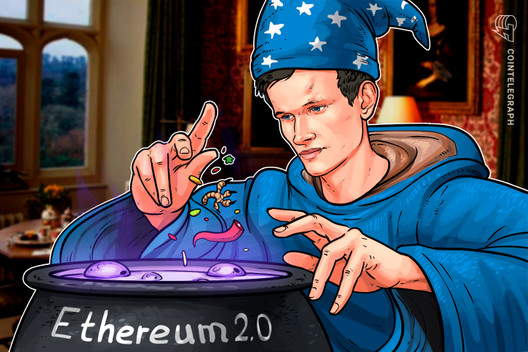Luxembourg’s financial regulator, the Commission de Surveillance du Secteur Financier (CSSF), says that a seemingly crypto-related entity called Cryptominingoptionsignal claims to be licensed in Luxembourg, but is not. In a warning notice dated Aug. 13, the country’s watchdog simply wrote:
“The Commission de Surveillance du Secteur Financier (CSSF) warns the public of the activities of an entity named Cryptominingoptionsignal […] The CSSF informs the public that Cryptominingoptionsignal is unknown to it and that the entity has not been granted any authorisation to provide investment services or other financial services in or from Luxembourg.”
Innovation in Luxembourg
As previously reported by Cointelegraph, Luxembourg-based securitization firm Argento partnered with the London Block Exchange to jointly issue a Bitcoin (BTC)-denominated bond, which is regulated by the United Kingdom’s finance watchdog — the Financial Conduct Authority (FCA). Argento manager Phil Millo remarked:
“We are thrilled to have structured and produced the world’s first institutional grade bitcoin-denominated financial product […] The large investment banks really dropped the ball on this one.”
Another scam, another watchdog report
In late July, the FCA reported yet another scam project. Apparently a letter entitled “Guaranteed chance to earn” has been circulating via email, with the senders impersonating the FCA as the purported author. The email contained a promotion for cryptocurrency investments and instructed readers to follow a link to an external site. The FCA has said that it is not behind the emails, and warned the public that this was very likely a scam campaign:
“The correspondence is likely to be linked to organized fraud and we strongly advise you not to respond to the criminals in any way. Look for signs that the email, letter or phone call may not be from us, such as it listing a mobile or overseas contact phone number, an email address from a hotmail or gmail account, or a foreign PO Box number.”









